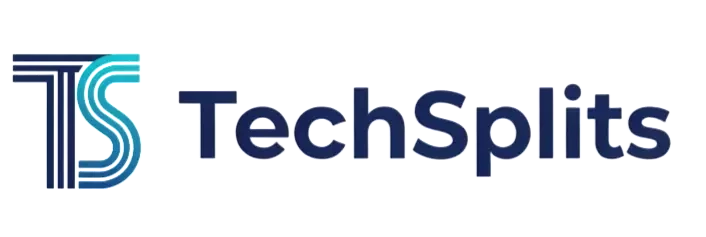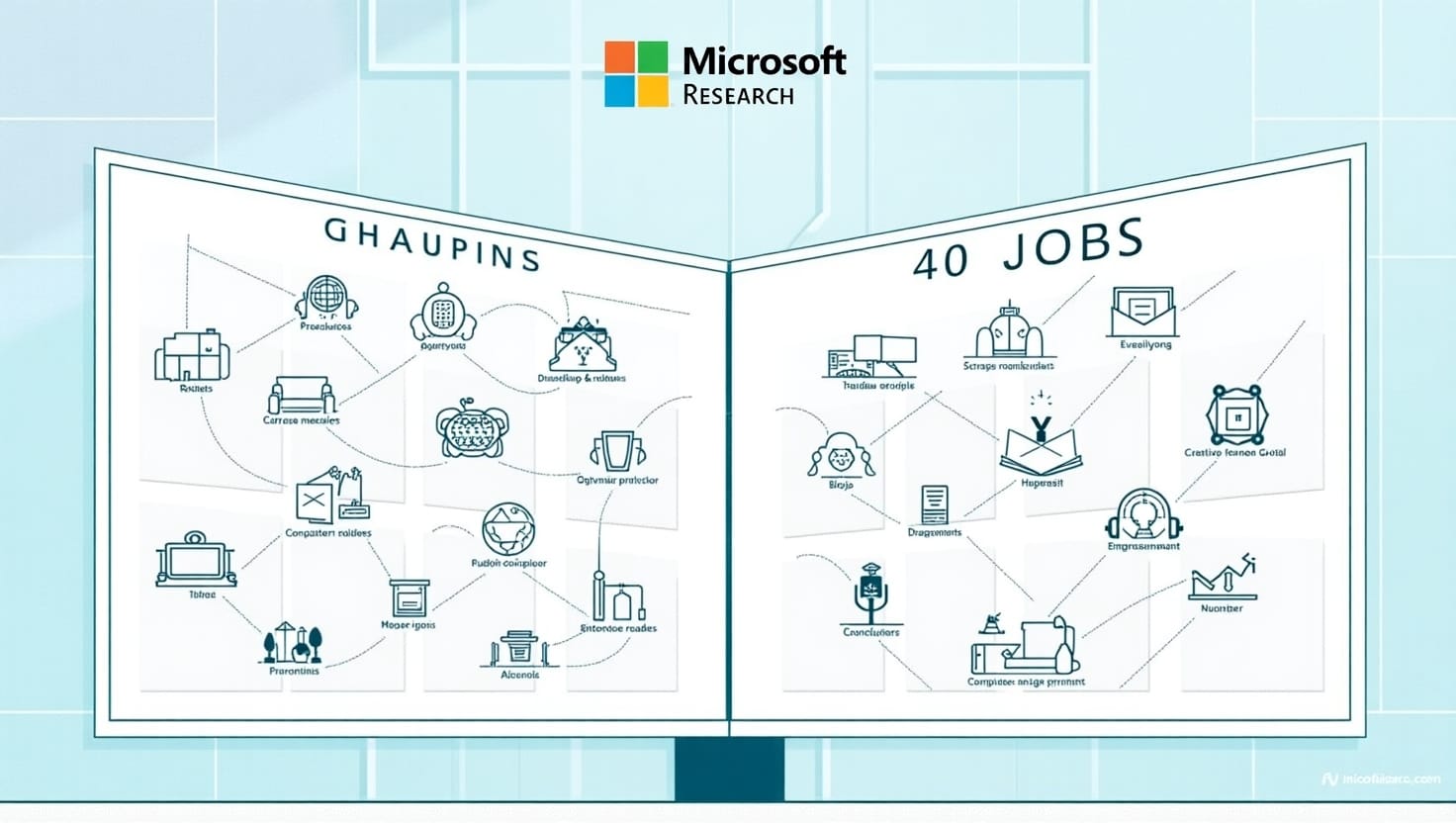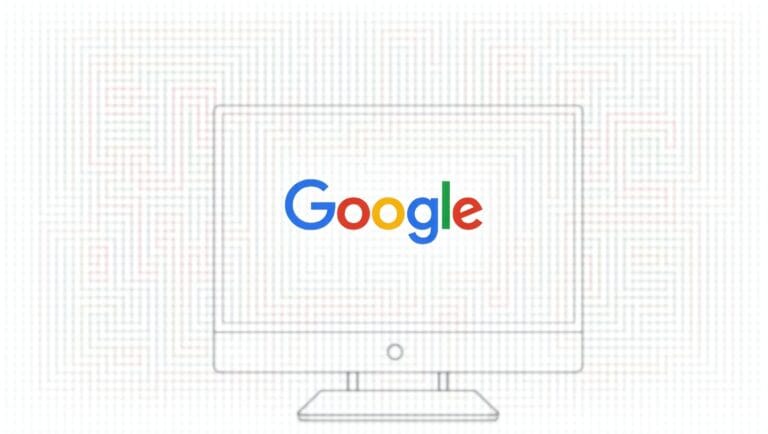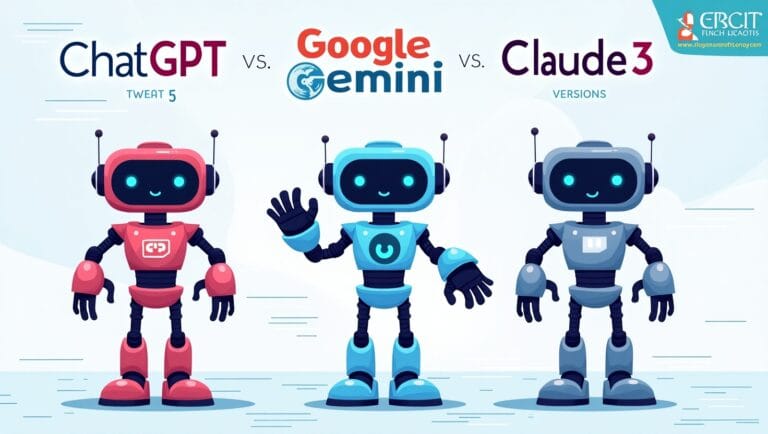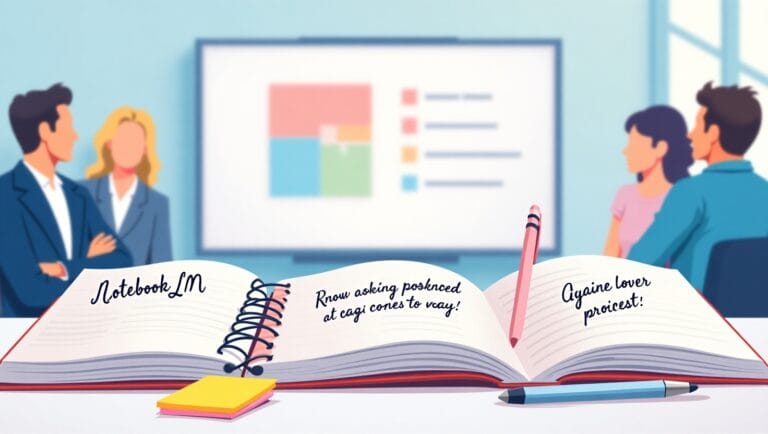Microsoft Research Reveals: 40 Jobs AI May Replace Fastest — And 40 It Might Never Touch
Introduction: The AI Job Impact Just Got Real
AI is no longer just a buzzword—it’s transforming industries, automating tasks, and reshaping the future of work. But now, thanks to a detailed study by Microsoft Research and LinkedIn, we have a clearer picture of which jobs are most vulnerable to AI, and which are likely to remain in human hands.
Let’s break down their findings and explore what it really means for professionals, students, and businesses navigating the age of automation.
🤖 Why Microsoft Did This Study
Microsoft, with its deep integration of AI tools like Copilot and OpenAI’s GPT models, teamed up with LinkedIn to understand the evolving landscape of work. Their goal was simple but urgent:
“Identify the roles most and least susceptible to large language model (LLM)-based AI disruption.”
This wasn’t speculation—it was data-driven. They analyzed how different professions interact with AI tools and how likely AI is to perform core tasks in each job.
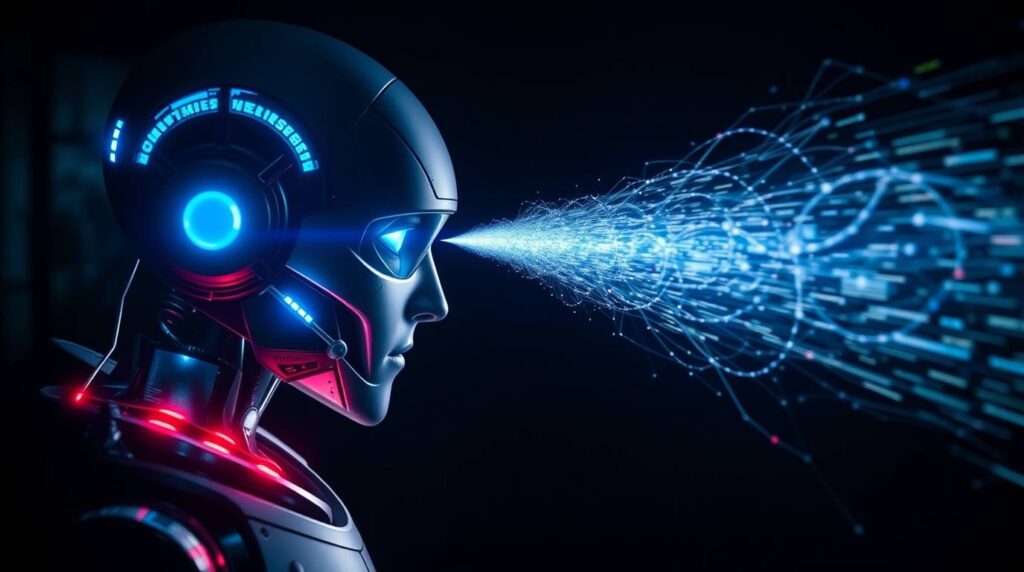
Explore:- Microsoft Research
🛠️ 40 Jobs AI May Replace the Fastest
These roles are heavily task-based, rely on pattern recognition, and involve repetitive or data-driven work—making them highly automatable by current AI systems.
Top at-risk jobs (selected from Microsoft Research list):
- Telemarketer
- Data Entry Clerk
- Paralegal
- Copywriter
- Customer Service Rep
- Proofreader
- Market Research Analyst
- Accountants
- Tech Support Agent
- Financial Analyst
- Insurance Underwriter
- Content Moderator
- Logistics Coordinator
- Translators
- Real Estate Analyst
- Medical Coders
- Social Media Manager
- Billing Clerk
- HR Coordinator
- Scheduler
21–40 include similar roles in finance, marketing, and tech support, especially those with low levels of human creativity, empathy, or strategic thinking.
⚠️ Key Insight:
Jobs that involve repeating rules, forms, or formulas are first in line for AI replacement.
🧠 40 Jobs AI May Not Be Able to Replace Easily
On the flip side, roles requiring human creativity, emotional intelligence, physical dexterity, or ethical judgment remain largely resistant to AI—at least for now.
AI-resistant jobs include:
- Psychologist
- Therapist
- Teacher (especially early childhood)
- Nurse
- Electrician
- Construction Worker
- Chef
- Writer (creative/literary)
- Artist
- Film Director
- Entrepreneur
- Marketing Strategist
- Ethical Consultant
- Social Worker
- Political Analyst
- Sales Executive
- Event Planner
- Architect
- Surgeon
- UX Designer
21–40 include tradespeople, legal advisors, C-level executives, clergy, and hands-on medical or emergency professionals.
✅ Key Insight:
Jobs requiring complex decision-making, creativity, emotional nuance, or manual skills are safest.
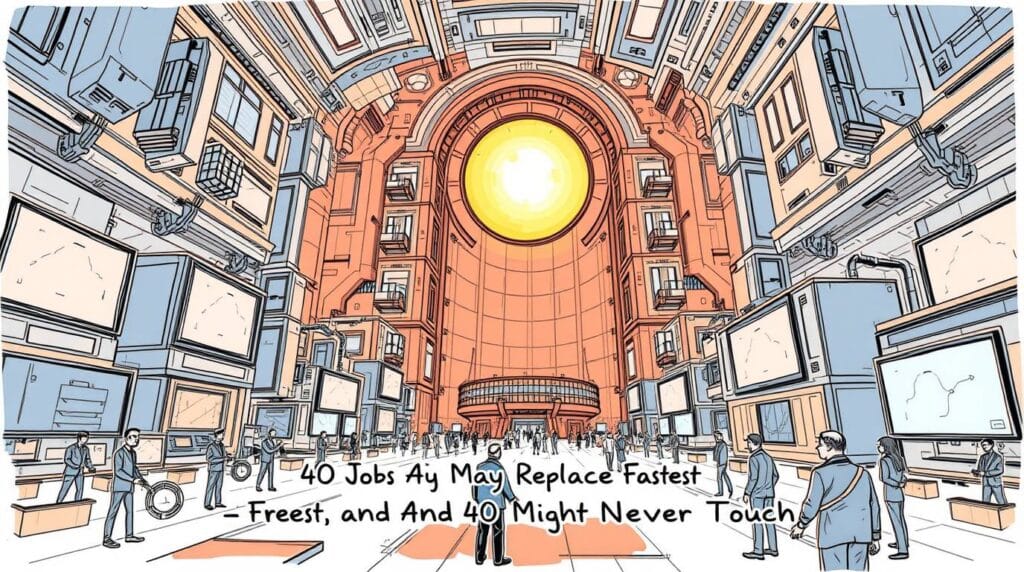
🔁 The Real Message: Adapt, Don’t Panic
Instead of triggering fear, this list is a wake-up call. AI isn’t about replacing everyone—it’s about reshaping tasks within jobs.
Even in high-risk roles, humans who learn to work alongside AI tools (like Microsoft Copilot, ChatGPT, or Midjourney) will be far more competitive than those who don’t.
🧩 Example:
Copywriters who use AI to brainstorm, outline, and improve SEO may not be replaced—they may become more productive and valuable.
🚀 How to Future-Proof Your Career
Here are a few practical tips:
- Upskill in AI tools relevant to your industry (e.g., ChatGPT for writing, Copilot for coding).
- Focus on soft skills: empathy, leadership, communication.
- Build a hybrid skillset: mix technical + creative + strategic abilities.
- Stay updated on industry trends through platforms like LinkedIn and TechSplits 😉
🧭 Final Thoughts: AI Can Be Your Ally
Microsoft’s research gives us a glimpse into the coming wave of automation, but also a roadmap to navigate it. AI isn’t just a disruptor—it’s a tool, a co-pilot, and a catalyst for innovation.
The question is: Will you be replaced by AI, or will you leverage it to grow?
